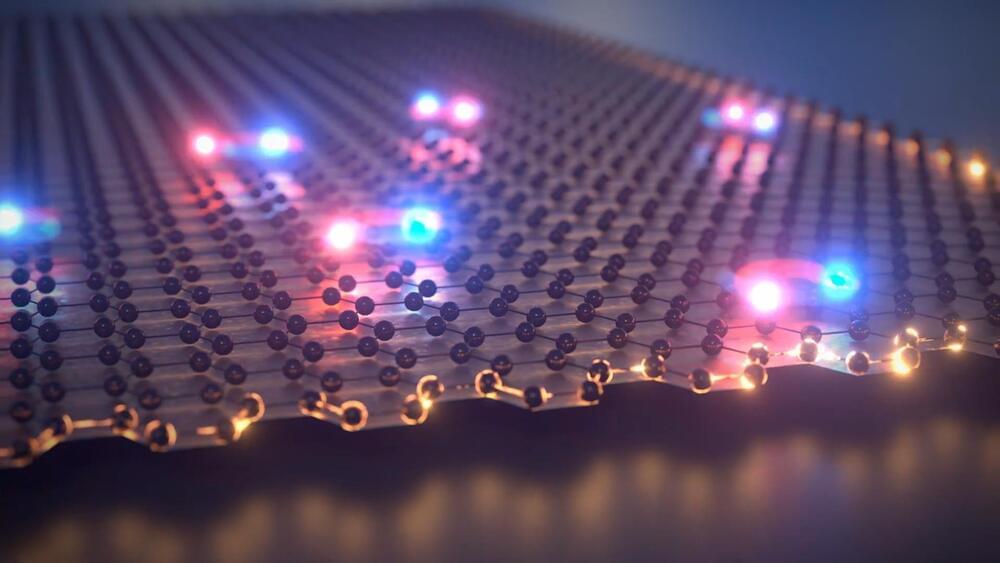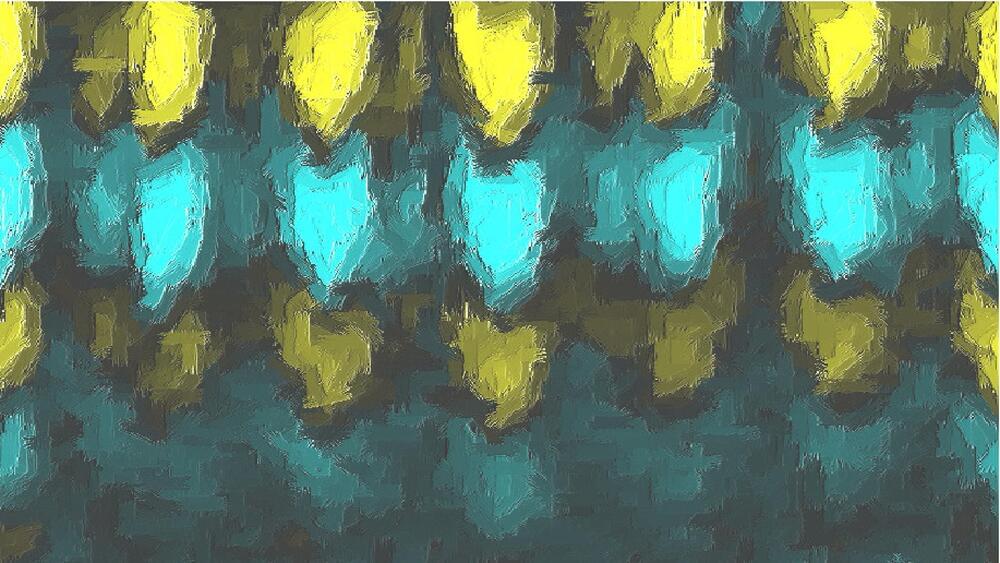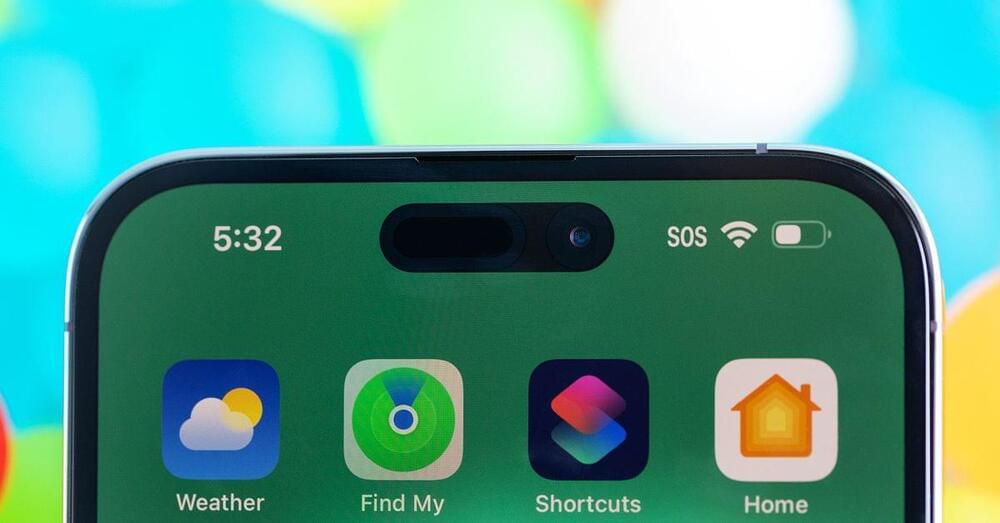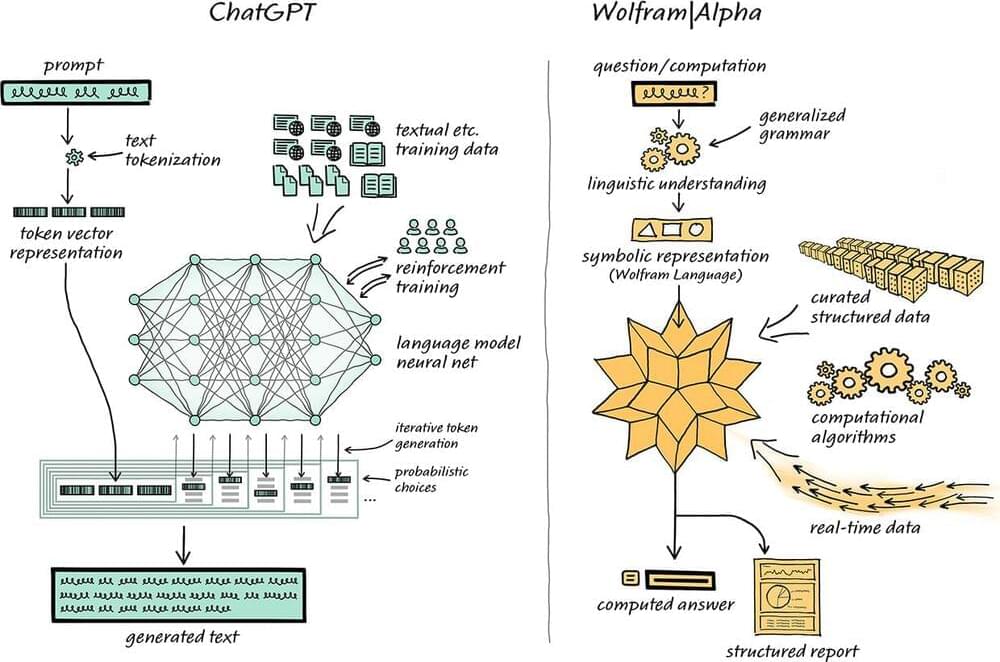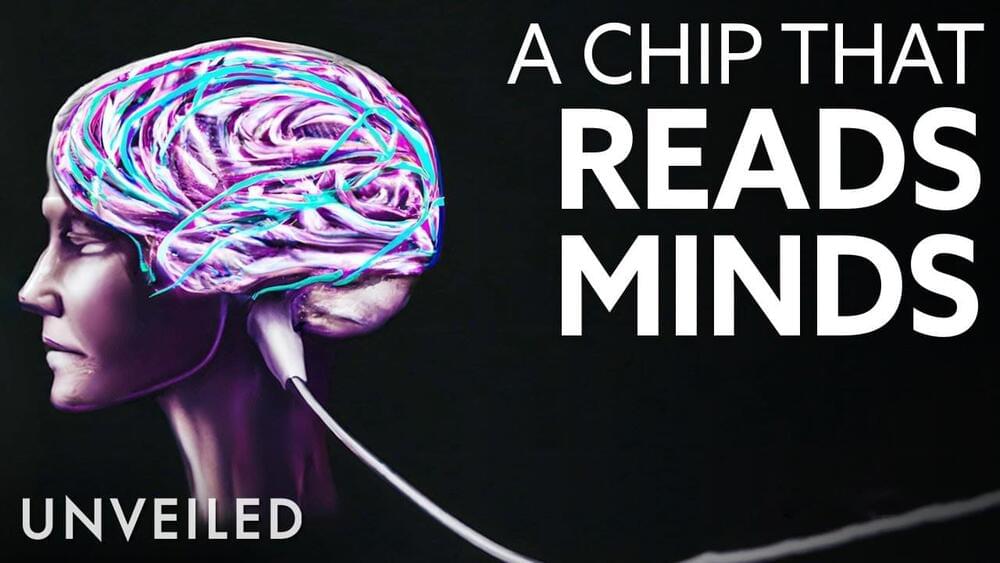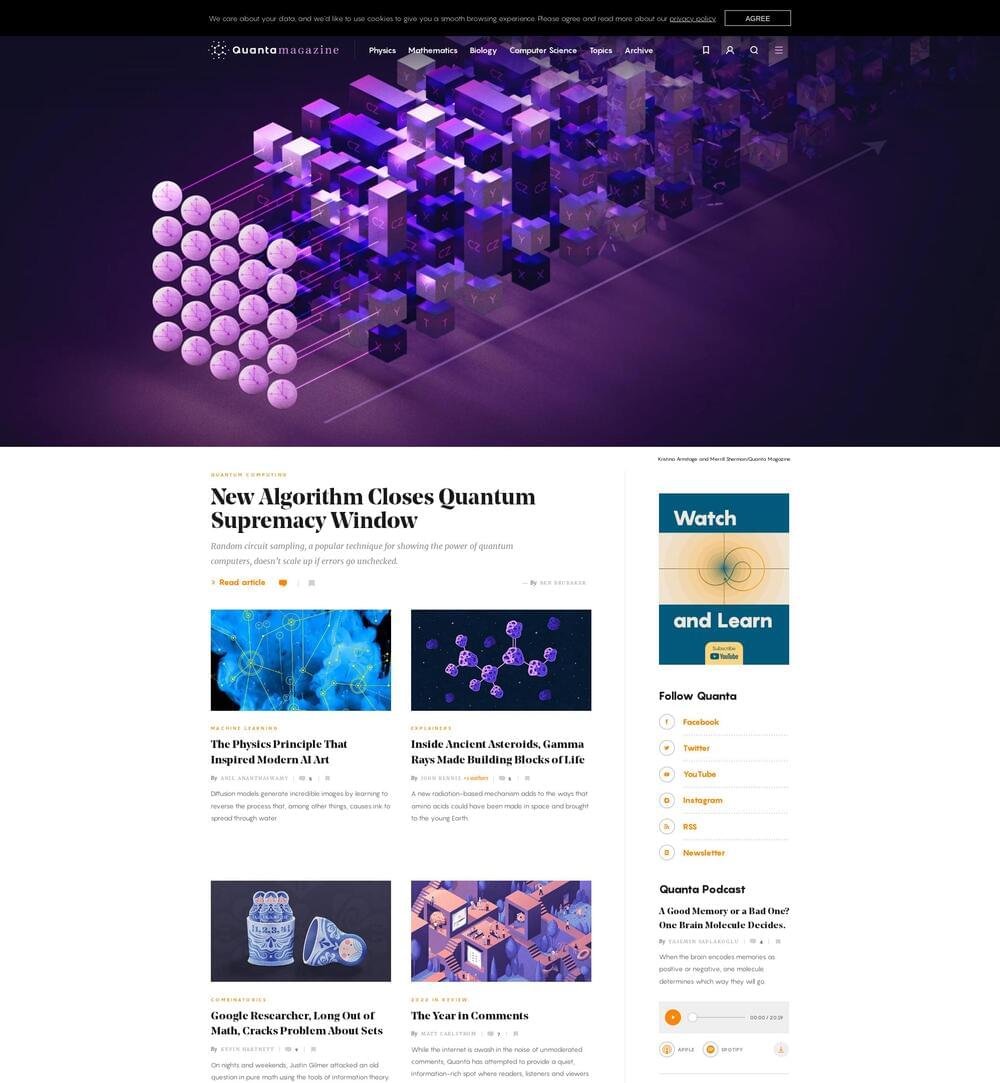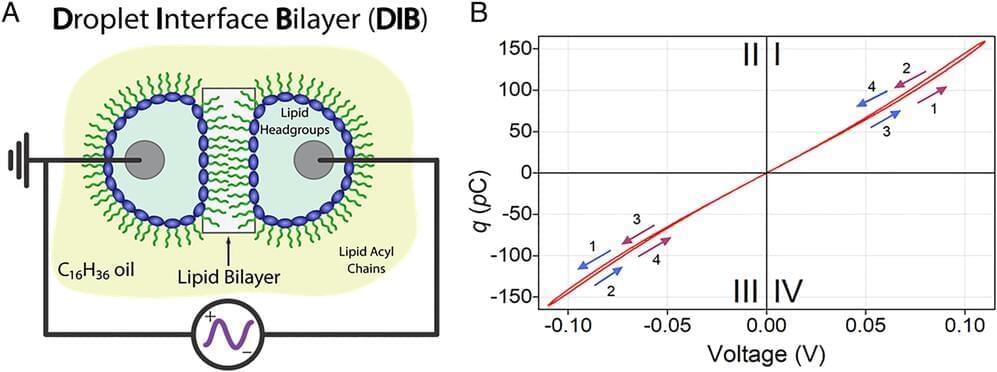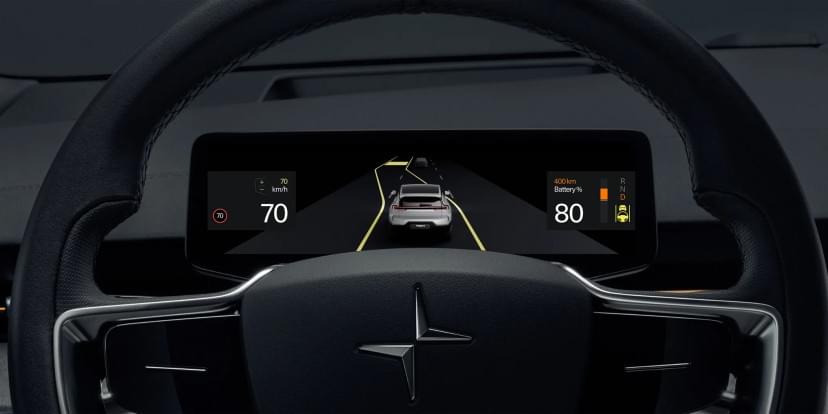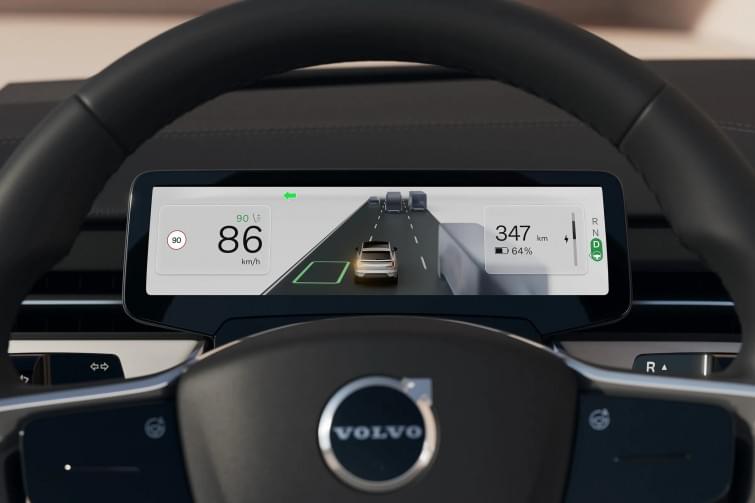Jan 11, 2023
Breakthrough in Quantum Research Paves Way for New Generation of Light-Driven Electronics
Posted by Saúl Morales Rodriguéz in categories: biotech/medical, chemistry, computing, quantum physics
A breakthrough in quantum research – the first detection of excitons (electrically neutral quasiparticles) in a topological insulator has been achieved by an international team of scientists collaborating within the Würzburg-Dresden Cluster of Excellence ct.qmat. This discovery paves the way for a new generation of light-driven computer chips and quantum technologies. It was enabled thanks to smart material design in Würzburg, the birthplace of topological insulators. The findings have been published in the journal Nature Communications.
<em>Nature Communications</em> is a peer-reviewed, open-access, multidisciplinary, scientific journal published by Nature Portfolio. It covers the natural sciences, including physics, biology, chemistry, medicine, and earth sciences. It began publishing in 2010 and has editorial offices in London, Berlin, New York City, and Shanghai.
